Europe
President Vladimir Putin tells West not to fear Russia
- 6 June 2015
- Europe
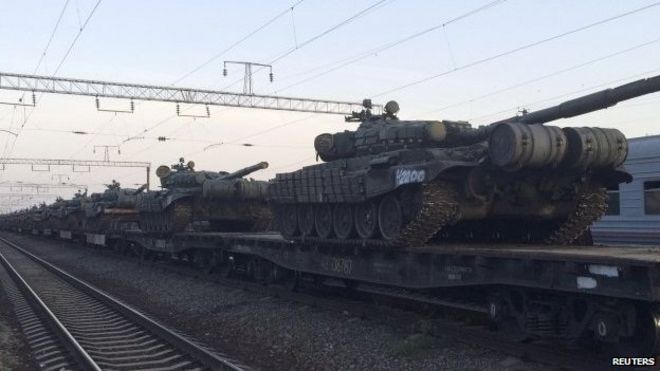
Russia is not a threat to Nato, President Vladimir Putin says.
"Only an insane person and only in a dream can imagine that Russia would suddenly attack Nato," Mr Putin told Italian newspaper Corriere della Sera.
The Western alliance is bolstering its military presence in its eastern European members in response to their fears of Russian threat, following its involvement in the Ukraine conflict.
Nato says that Russia is backing rebels in Ukraine - a claim denied by Moscow.
Early this month, Nato pledged to counter "hybrid warfare" from Russia - which included a mixture of conventional military tactics, subversive campaigns and cyber-warfare that Russia was using in Ukraine.
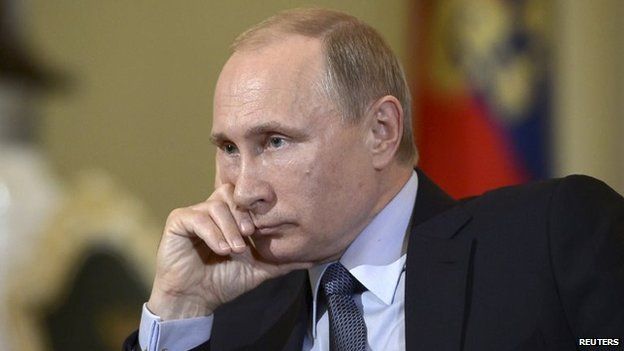
Three Baltic countries are preparing to ask for a permanent presence of Nato troops on their soil to act as a deterrent to the Russian military.
In his interview with Corriere della Sera, Mr Putin said some countries were "simply taking advantage of people's fears with regard to Russia" in order to receive "some supplementary military, economic, financial or some other aid".
"There is no need to fear Russia," Mr Putin said.
"The world has changed so drastically that people with some common sense cannot even imagine such a large-scale military conflict today. We have other things to think about, I assure you."
Heavy fighting has erupted in Ukraine this week, focusing on the towns of Maryinka and Krasnohorivka, west of rebel-held Donetsk.
The opposing sides have accused each other of shattering February's Minsk ceasefire, requiring them to withdraw heavy weapons from the frontline.
Ukraine's President Petro Poroshenko told a news conference on Friday that Russia had massed troops on the border and in rebel-held areas "in unprecedented numbers" - but Russia again denied that its military was involved in Ukraine.
Mr Poroshenko said Ukraine has deployed 50,000 troops in the conflict zone to meet the threat.
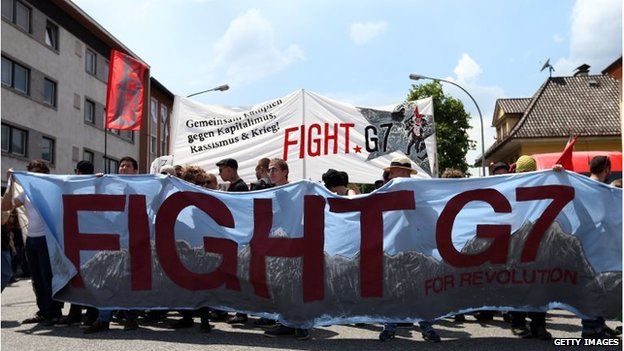
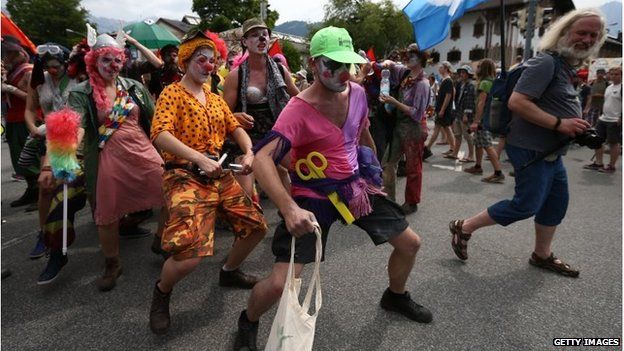
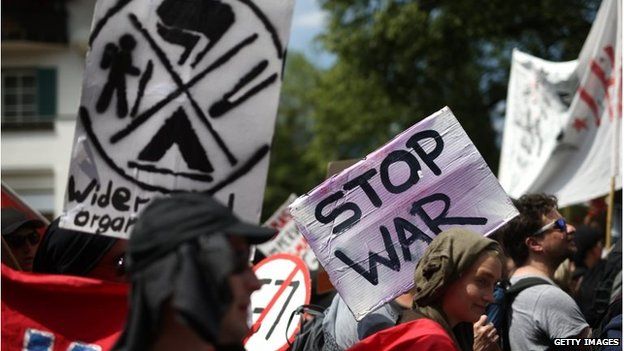
More than 6,400 people have been killed in eastern Ukraine since the conflict began in April 2014, when rebels seized large parts of two eastern regions, following Russia's annexation of the Crimea peninsula.
The Ukraine crisis is on the agenda of talks of leaders of the most industrialised group of countries - the G7 - beginning on Sunday, without Russia - usually its eight member.
Thousands of police officers are being deployed near the venue at Schloss Elmau castle, 60 miles (100km) south of Munich.
A demonstrations over policies on climate change, wealth inequality - as well as conflicts in a number of countries - was held in the nearby town of Garmisch-Partenkirchen on Saturday. More than 30,000 attended a rally in Munich on Thursday.
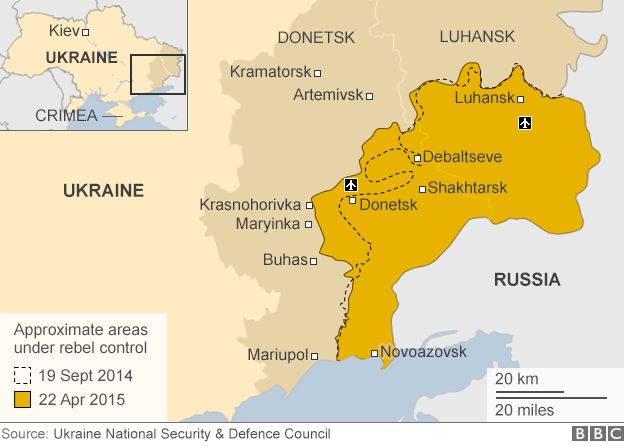
- Six questions on Ukraine's ceasefire
- Ukraine crisis: The factory that has been shelled 165 times
- How many Russians are fighting in Ukraine?
- Ukraine ceasefire: New Minsk agreement
- Baltic states shiver as Russia flexes muscles
- Why is east Ukraine hit by conflict?
- Ukraine crisis in maps
- The men fighting with bullets from 1943
- Ukraine crisis: Russia tests new weapons
- Ukraine's most-feared volunteers
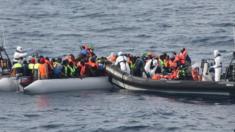
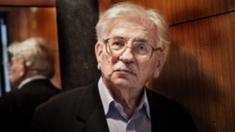
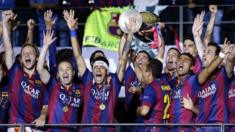






No comments:
Post a Comment
Please leave a comment-- or suggestions, particularly of topics and places you'd like to see covered